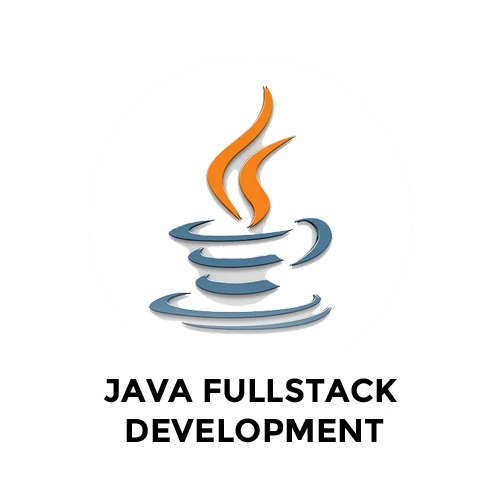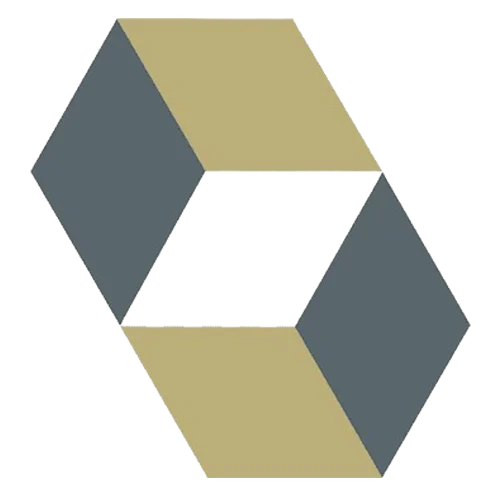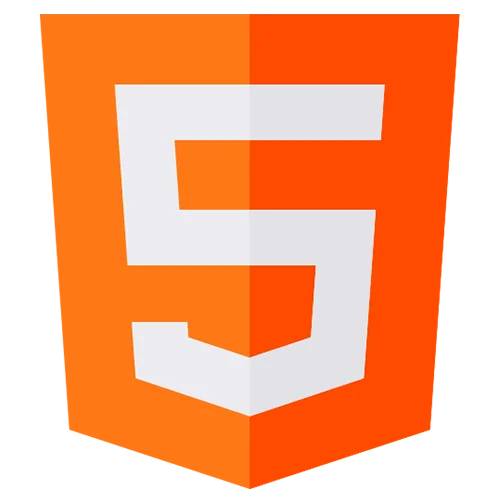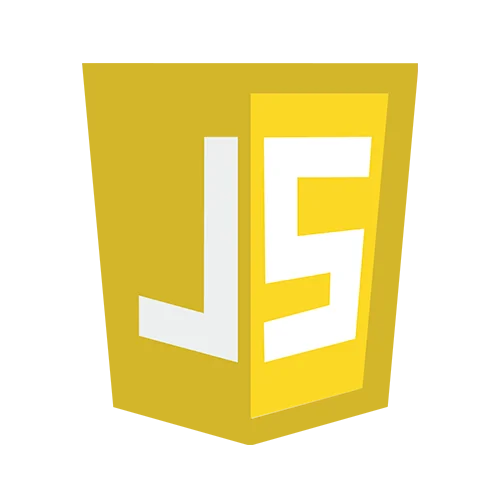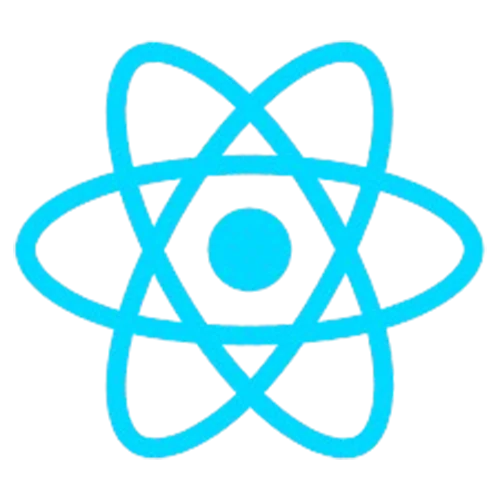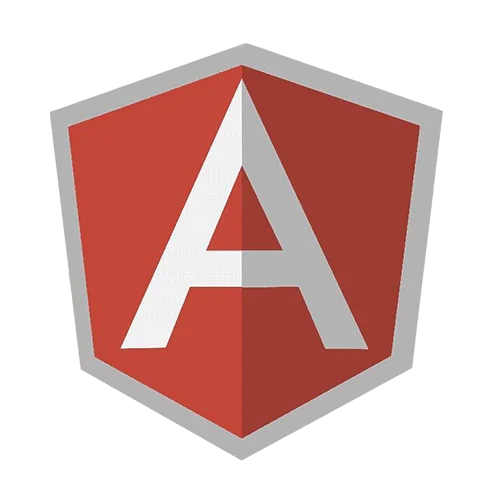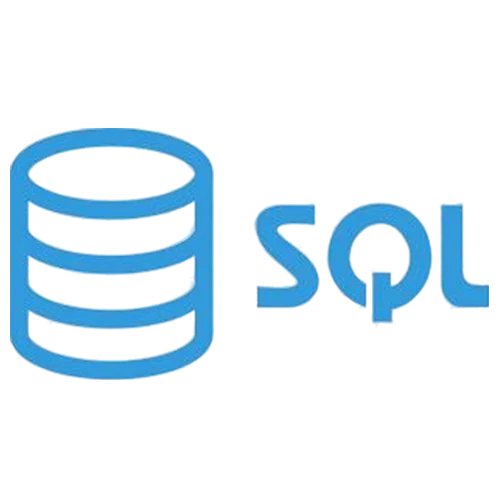Terms & Conditions
Welcome to www.sivaacademy.net! These terms and conditions outline the rules and regulations for the use of Siva Academy’s website.
By accessing this website, we assume you accept these terms and conditions. Do not continue to use www.sivaacademy.net if you do not agree to all the terms and conditions stated on this page.
1. Definitions
- Website: Refers to www.sivaacademy.net.
- We, Us, Our: Refers to Siva Academy.
- User, You, Your: Refers to anyone accessing or using the Website.
2. Use of the Website
By using this Website, you confirm that you are at least 18 years of age or have parental/legal guardian permission. You agree to use the Website lawfully and in a manner that does not infringe the rights of others.
3. Intellectual Property
All content, materials, logos, images, and design elements on this Website are owned by Siva Academy or licensed to us. You may not:
- Republish material from the Website without prior permission.
- Reproduce, duplicate, or copy content for commercial purposes.
- Sell, rent, or sub-license any materials from the Website.
4. User-Generated Content
By submitting content to the Website, you grant Siva Academy a non-exclusive, royalty-free, perpetual license to use, display, distribute, and modify the content, ensuring it does not infringe third-party rights.
5. Links to Other Websites
Our Website may contain links to third-party websites. These are provided for your convenience, and we are not responsible for their content or any potential damages.
6. Limitation of Liability
Siva Academy will not be held liable for any damages, including indirect, incidental, or consequential damages, resulting from your use of the Website.
7. Disclaimer
The information on this Website is provided “as is” without warranties of any kind. We do not guarantee availability, accuracy, or completeness of content.
8. Governing Law
These terms and conditions are governed by the laws of India, and any disputes shall fall under the jurisdiction of Indian courts.
9. Changes to These Terms
We reserve the right to update these terms and conditions at any time. Continued use of the Website implies acceptance of any changes.
10. Contact Information
If you have any questions, contact us at:
Email: support@sivaacademy.net
Phone: +91 9513-111848
